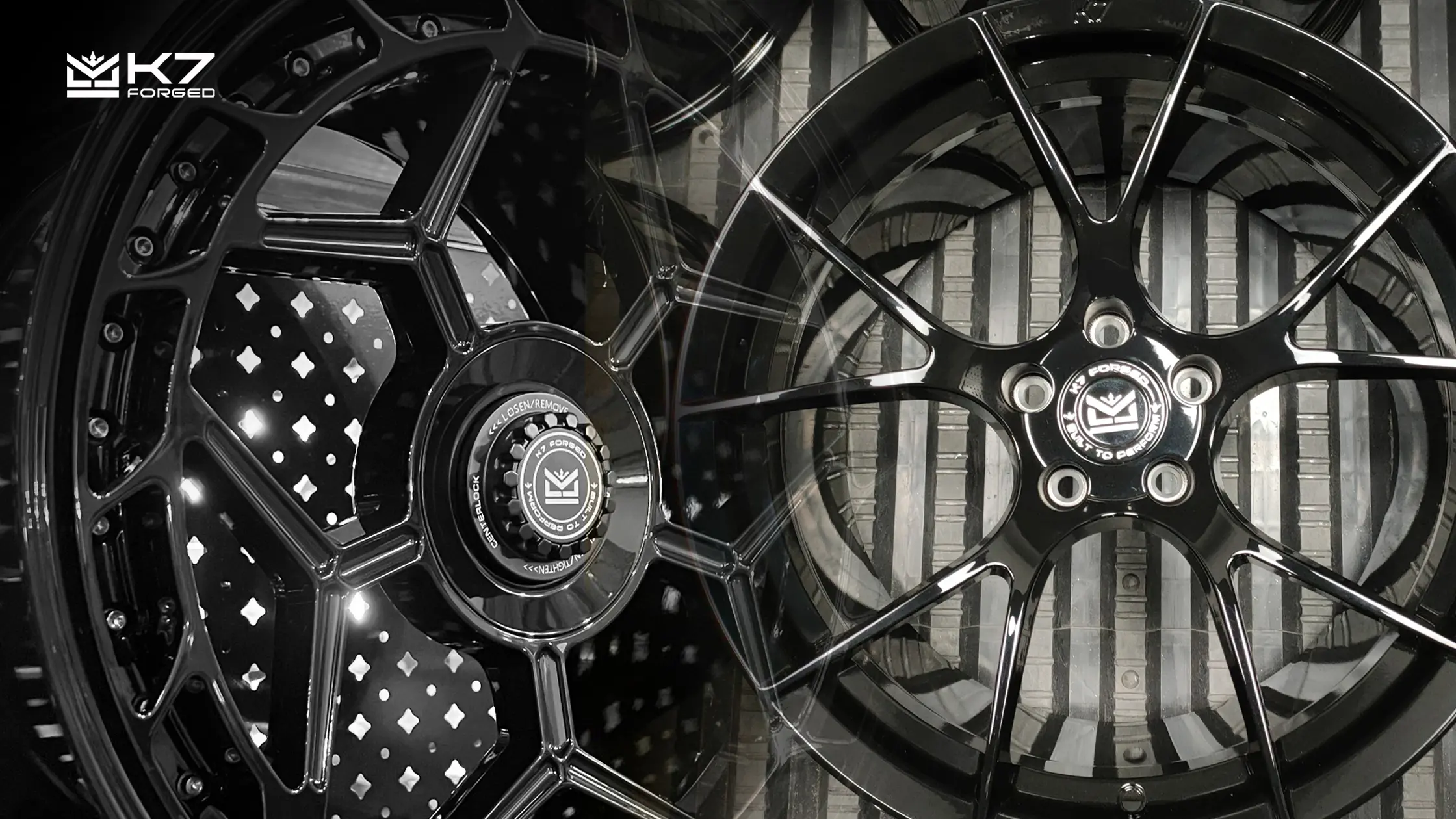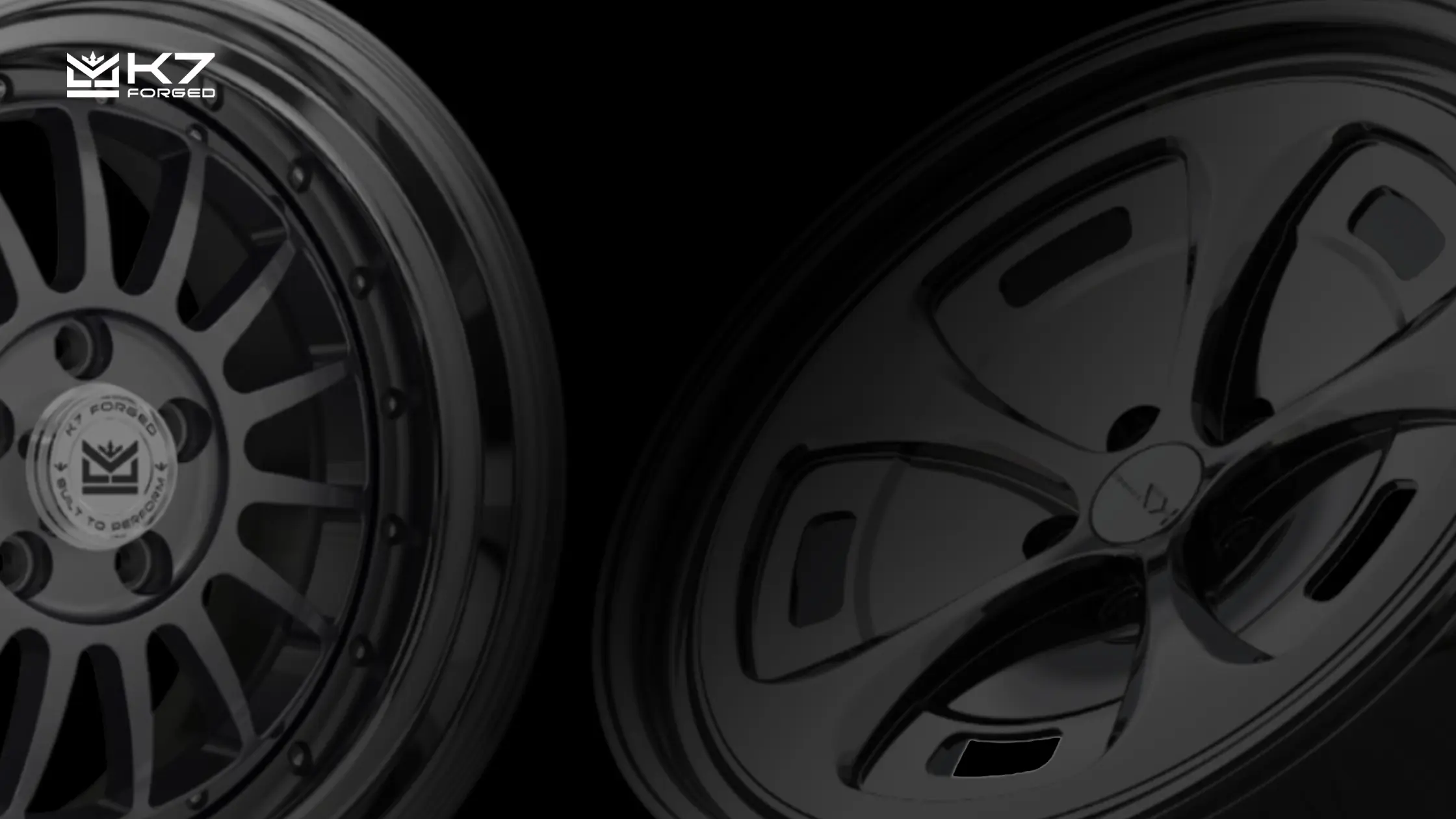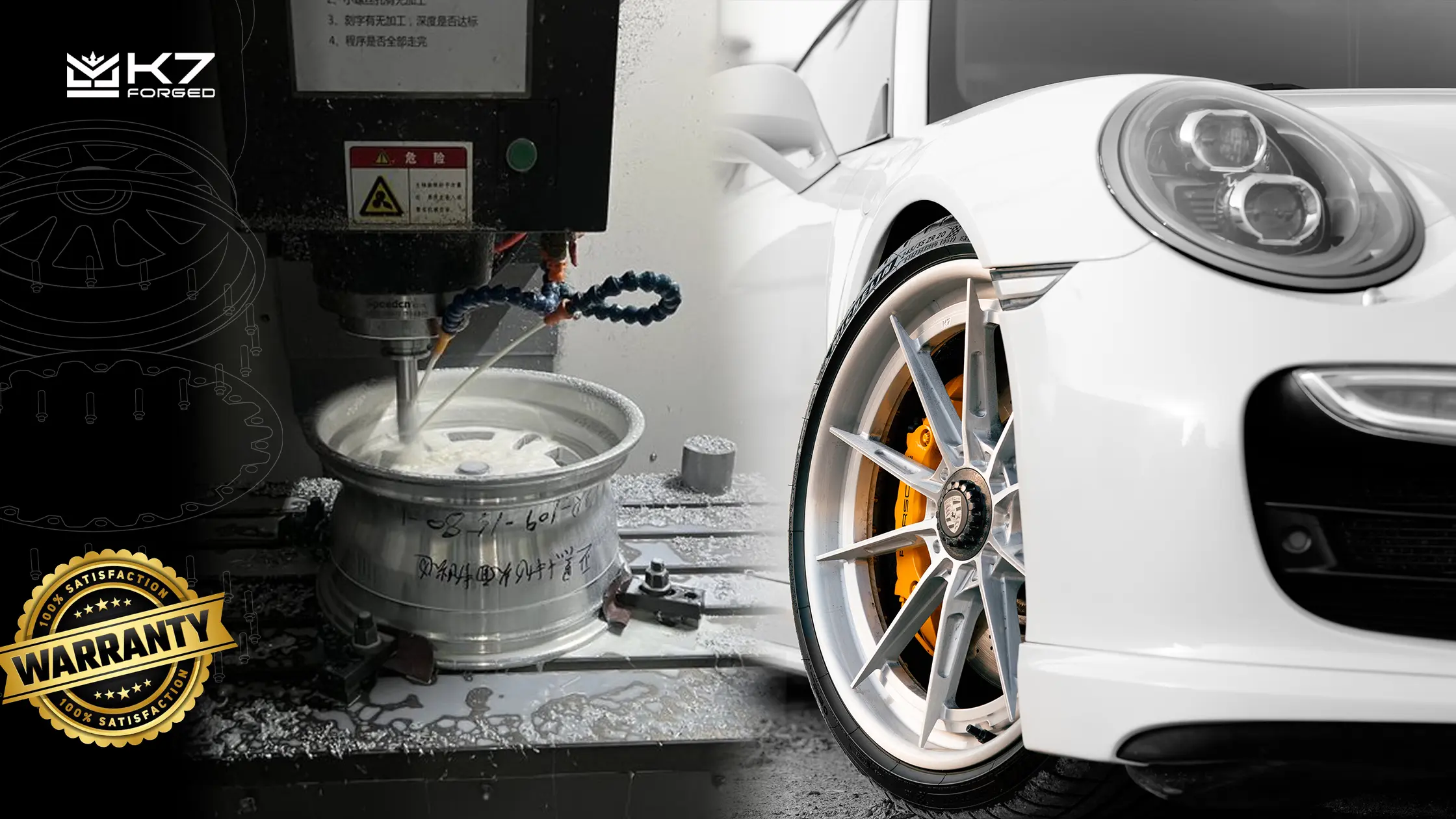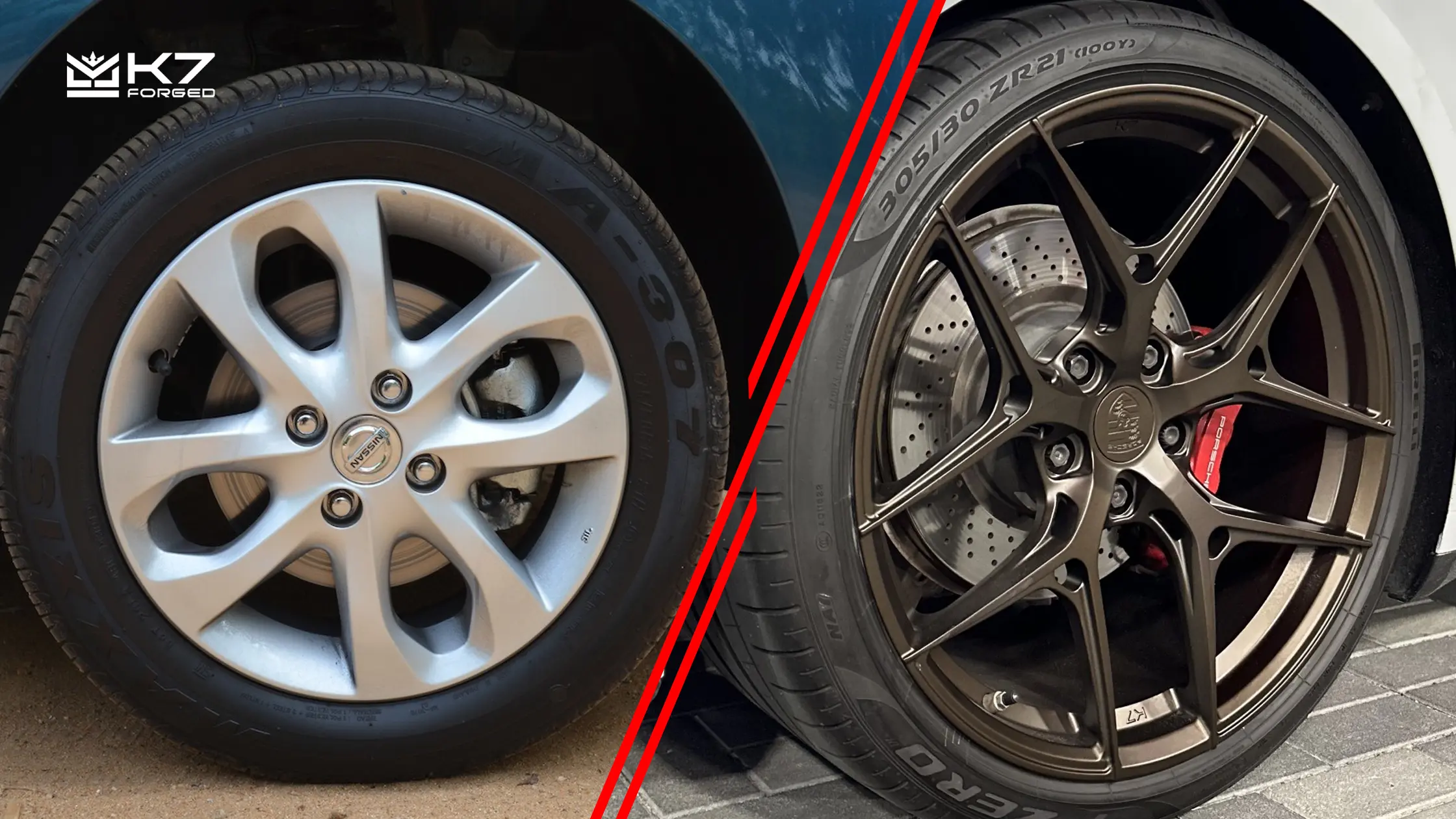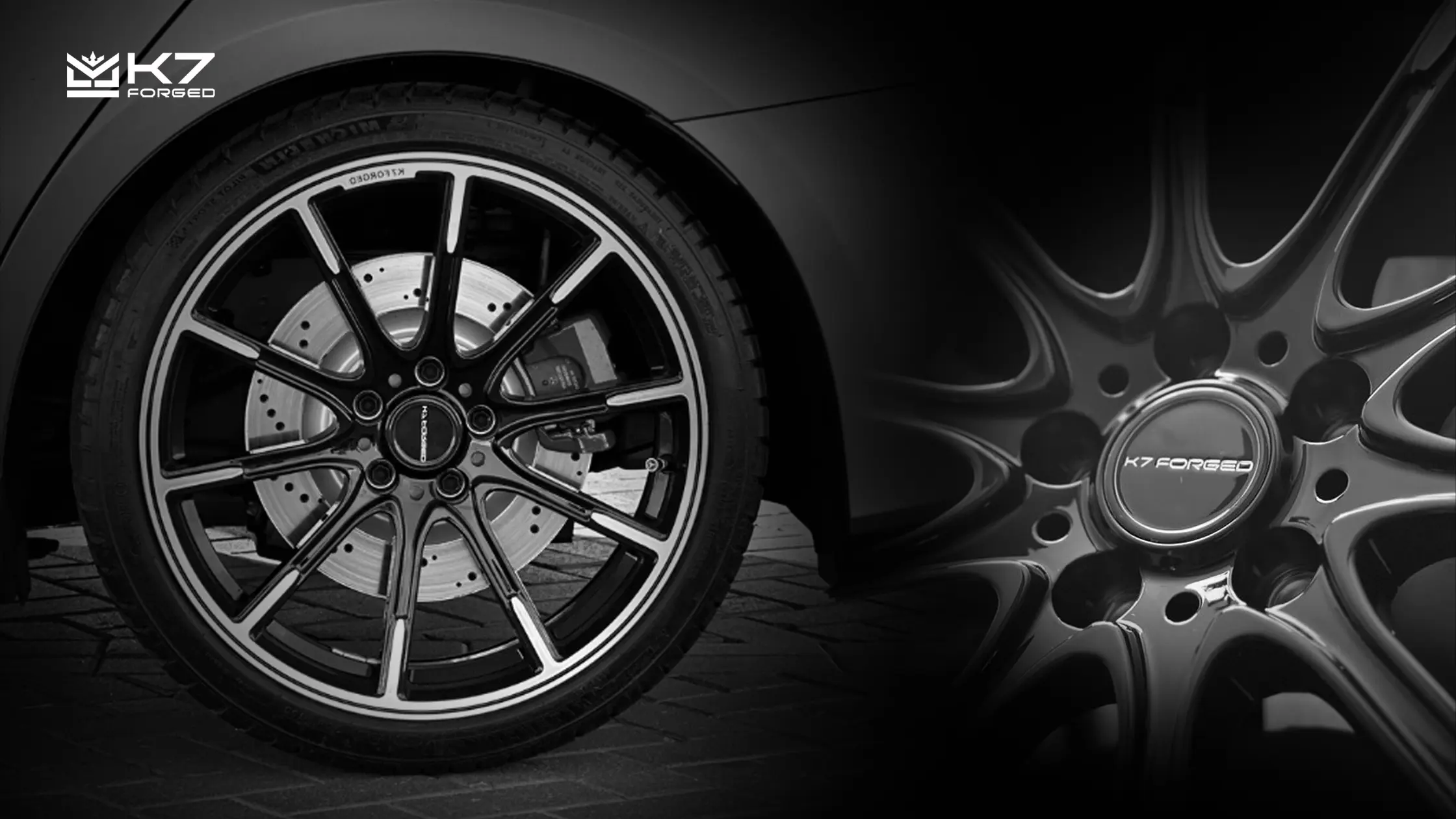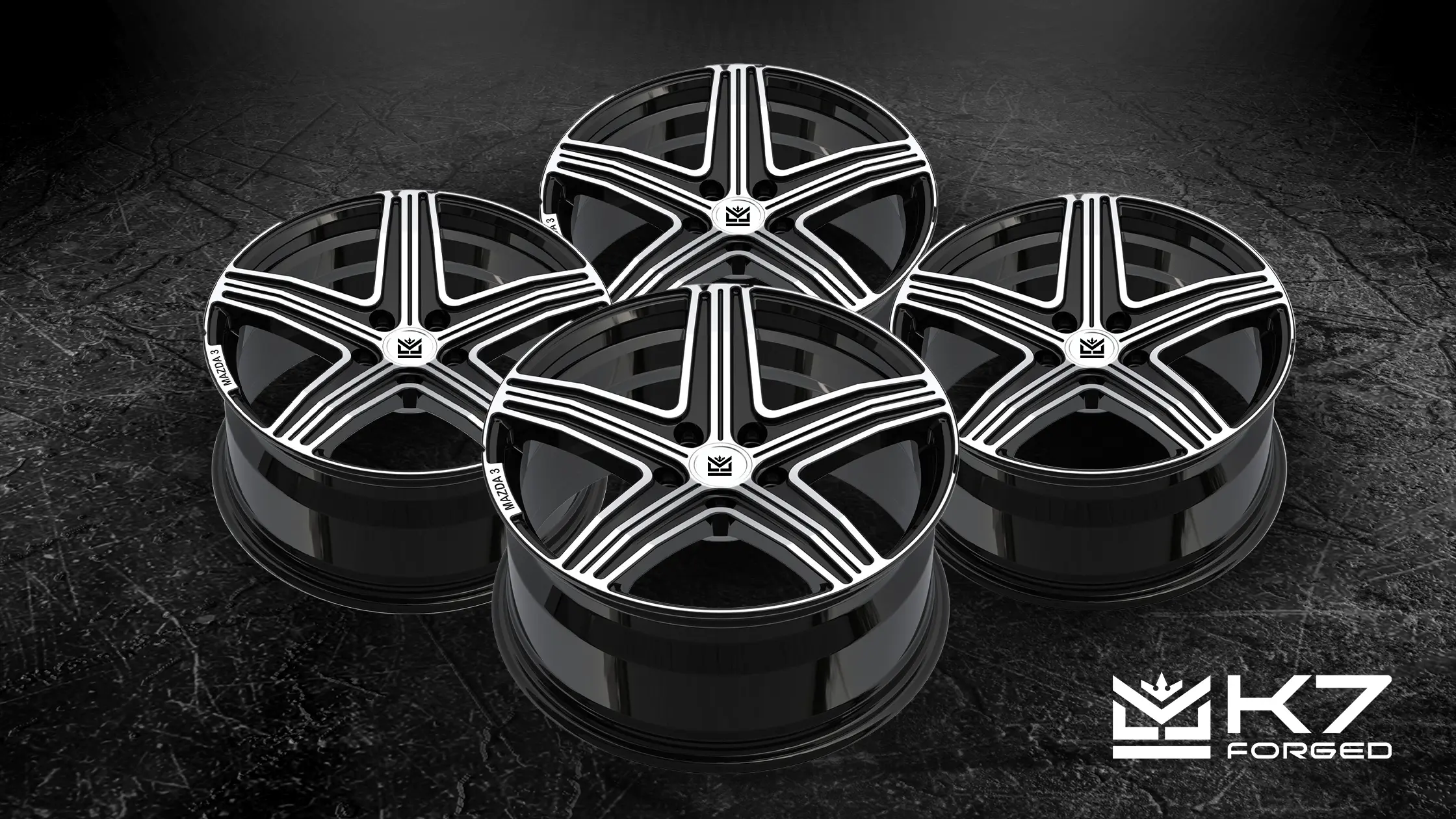If you’re a car enthusiast in Dubai—or anywhere in the UAE, really—you already know how much of a statement your alloy wheels are.
You might be cruising down Sheikh Zayed Road in a German with forged wheels or hitting the desert dunes in a lifted 4×4 with beadlocks; either way, the best set of wheels for your car can elevate its performance and style in a big way.
But when you’re browsing online for high-end aftermarket automotive rims, should you go for monoblock wheels or modular wheels?
There are real differences in how these wheels are made, how they perform, their cost, and even how they feel behind the wheel. As top forged wheel manufacturers in Dubai, we’ll tell you the key differences between monoblock and modular alloy wheels.
Monoblock vs Modular wheels, and why the difference matters
If you’re planning to buy aftermarket forged wheels in the UAE, you’re going to run into two options pretty quickly — monoblock and modular.
Monoblock alloy wheels are made from a single metal piece. Modular alloy wheels are made from two or three separate parts that are bolted or welded together. That single construction choice is what changes everything from the weight, strength, looks, and even repairability.
In Dubai, people mod cars like they mod gaming rigs. So your wheels are a statement. The right type of wheel affects acceleration, cornering, braking, mileage, and even how your car looks parked outside a café in JBR.
And yeah, it also affects how often you’ll need to deal with repairs or upgrades. Because there are a lot of things that you need to know about custom wheels’ warranties.
How are Monoblock wheels made, and why are they stronger?
Monoblock wheels are one solid block of aluminum alloy, turned into a wheel through intense shaping processes. And there are three of them—casting, flow forming, and forging.
- Casting is where molten aluminum is poured into a mold. Simple, cheap, but heavier and not as strong.
- Flow forming is a middle ground. The wheel is first cast, then spun and pressed to strengthen the barrel.
- Forging is the real deal. A solid chunk of aerospace-grade 6061-T6 aluminum gets hammered into shape under thousands of tons of pressure. And then it’s precision-cut using CNC machines.
Forged monoblock wheels are the gold standard in strength-to-weight ratio. Also, they don’t have fewer potential failure points like bolts or welds.
What’s special about Modular Wheels, and how are they built?
Modular wheels are the dream setup for those big on aesthetics, need exact fitment, or just want their car to stand out like nothing else in the parking lot.
Modular wheels are built in either 2-piece or 3-piece configurations:
- 2-piece wheels combine a forged (or cast) center with a barrel. They’re welded or bolted.
- 3-piece wheels have a center, an inner barrel, and an outer lip, usually bolted with high-strength hardware and sealed with silicone to make them air-tight.
Material-wise, modular wheels use the same forged 6061-T6 aluminum for centers and spun aluminum for barrels.
Which wheels are stronger, lighter, or easier to maintain?
Here are the main differences between monoblock and modular wheels:
Strength:
Forged monoblocks are beasts. If strength is your priority, especially for spirited driving or track days, monoblocks are the winner.
Modular wheels can also be strong, especially when forged, but because they’re multi-piece, the points where the components join are prone to stress
Weight:
Monoblock alloy wheels are lighter. Modular wheels are heavier, mostly because of the bolts, seals, and extra metal components. On a show car, that’s not a big deal. But you’ll definitely feel the difference in a performance build.
Maintenance and Repairs:
If you curb a modular wheel or crack a lip, you can usually just replace that part. However, monoblocks are not so forgiving. But they’re lower maintenance.
Cost:
Monoblocks are afforbale. Modular wheels have a premium price tag, especially if you’re ordering custom offsets or finishes. But if you’re choosing monoblock, there is a huge difference between cheap and expensive forged wheels.
Why do some people choose Modular Wheels for Looks and Customization?
A forged wheel can look amazing—clean, aggressive, sculpted—but it’s a single casting. What you can change is limited.
Modular wheels? Endless options.
- Deep lips. Want that aggressive tucked-in look? 3-piece wheels can have it all.
- Exposed hardware. Bolts around the rim can be polished, painted, or even color-matched to your calipers or lugs.
- Finishes. Want a matte black face with a gold lip? Chrome hardware with a brushed center? Modulars are like the LEGO of wheels.
- Fitment flexibility. Custom offset? Uncommon PCD? Modular wheels can fine-tune every spec.
That’s why you’ll see 3-piece forged wheels dominating at shows like StanceNation or events at Dubai Autodrome.
Where do Monoblock and Modular Wheels work best in real life?
So, which type of wheel should you buy? Depends on how you use your car and what you want from it.
Here’s a quick guide:
Daily Drivers:
Monoblock forged wheels are best for daily driving in the UAE. Less maintenance.
Performance Builds / Track Cars:
Forged monoblocks are best for drag racing and track racing. Light, strong, consistent.
Show Builds/Stance Projects:
This is modular territory. Custom lips, wild offsets, mirror-polished finishes—this is where you show off, not set lap times.
Utility Vehicles/Trailers:
Honestly? Monoblock or cast wheels. Durability and ease of replacement matter more than aesthetics here.
Want strength and style? K7 forged monoblock wheels give you both.
Modular wheels are famous for head-turning styling. But what if you could get that, with the strength, simplicity, and low maintenance of single-piece wheels?
That’s what K7 Forged offers.
Our monoblock forged wheels are engineered for real-world performance and durability. K7 also gives you serious wheel customization—aggressive concave profiles, brushed and polished finishes, bold colors, and unique designs that rival even the most premium two-piece wheels or three-piece wheels on the market.
